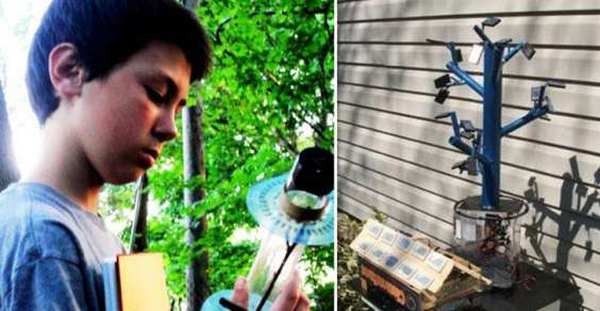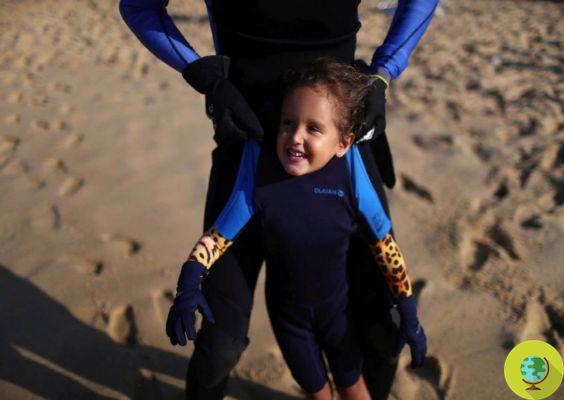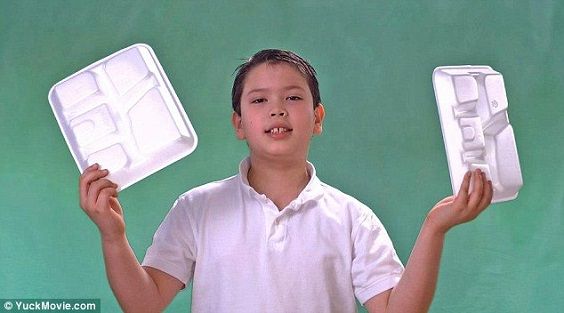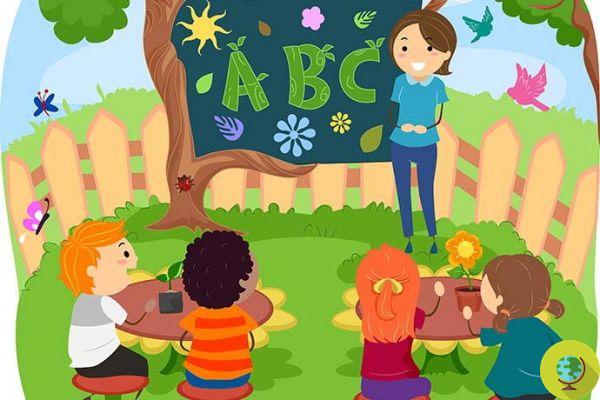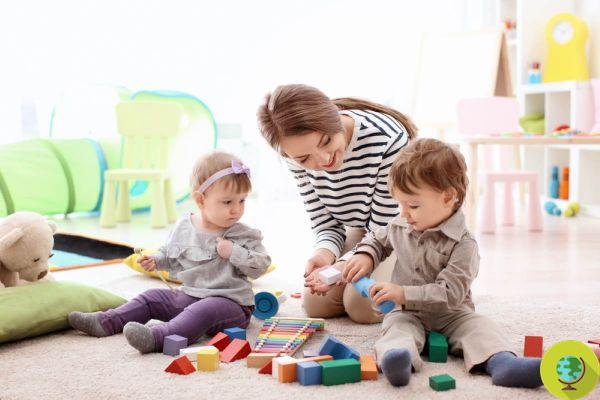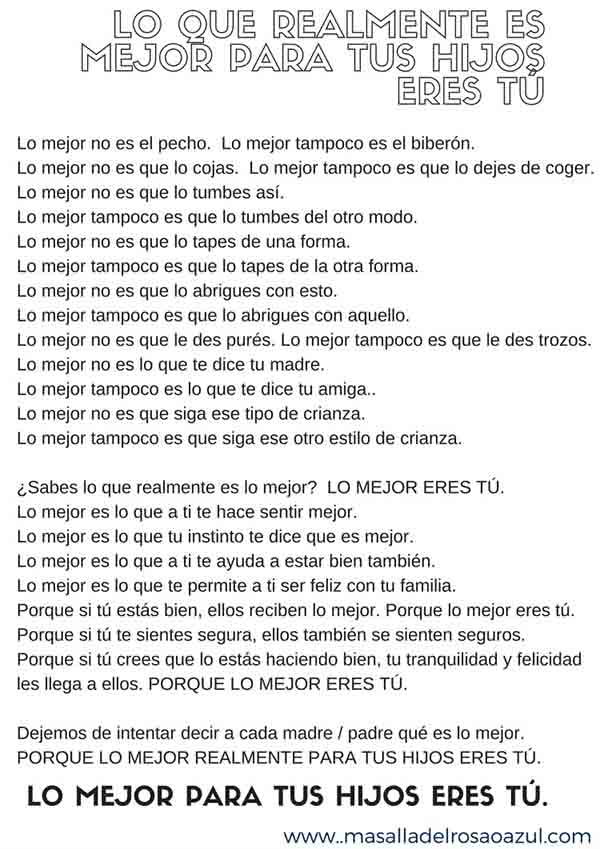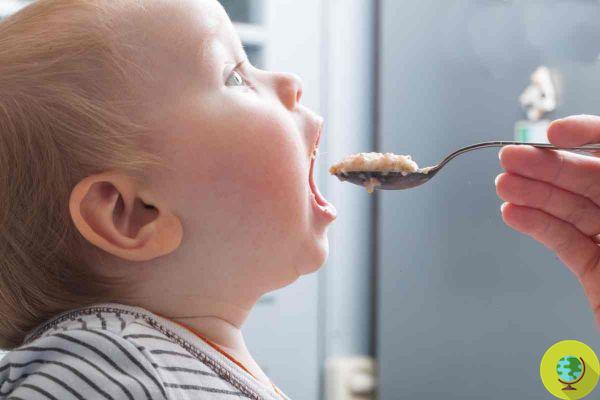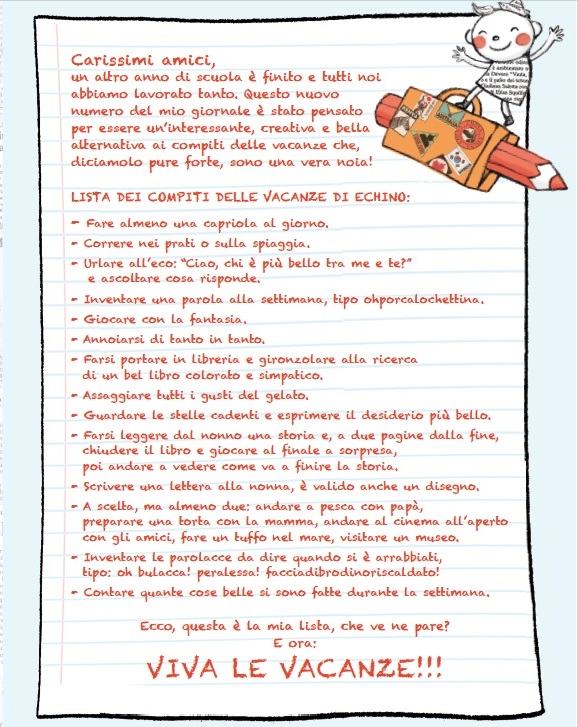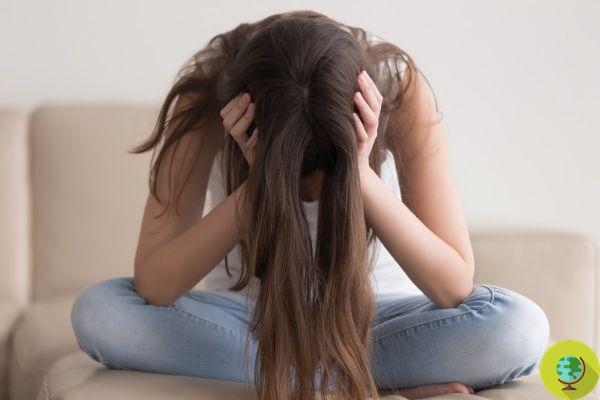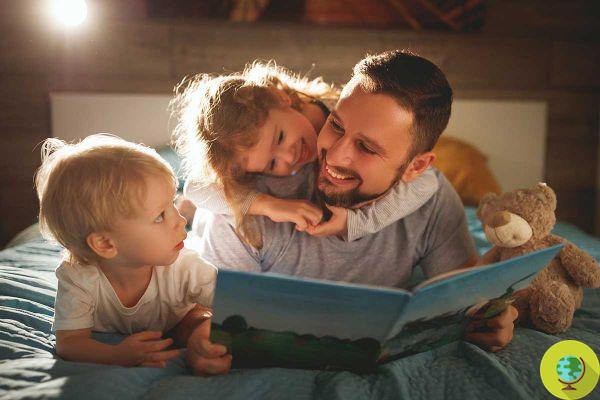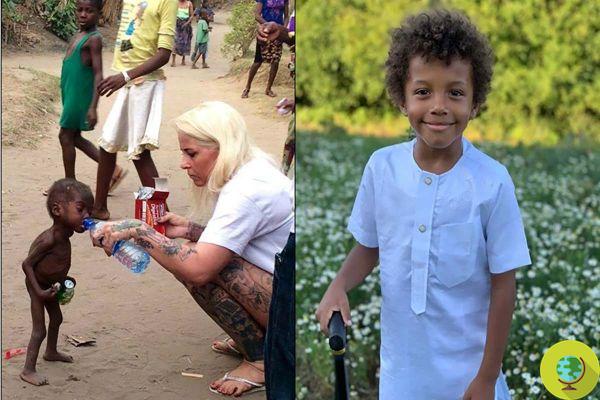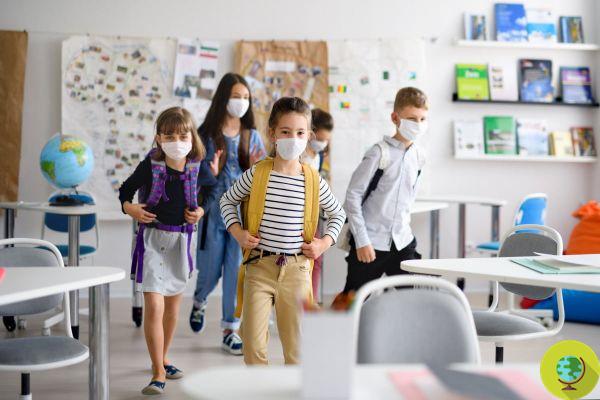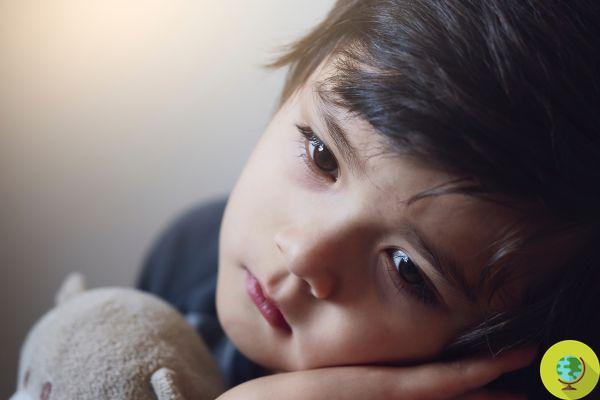
Play day is celebrated on May 28th, which this year happens during Phase 2. Here are some tips for children who are afraid to leave the house
Don't store avocado like this: it's dangerousDuring this phase 2, after the lockdown that forced us and especially the children to stay indoors for a long time, it could be difficult to resume normalcy which, in the case of the little ones, is mainly made up of play. How to overcome the fear that many of them have of going out and regaining possession of open spaces? Here are some tips for World Game Day.
We have already told you about a phenomenon notoriously infamous as the "Hut syndrome" or "prisoner", that is the condition that, after the lockdown, may not make us want to leave the house again.
Cabin (or prisoner) syndrome: this is why we may not want to leave the house and return to our previous life at all
This could affect even the little ones, many of whom have been severely tested by quarantine and are perhaps now demonstrating. a certain fear of returning to normality made of walks, meetings with relatives, friends and other children.
How to help them regain possession of the outdoor spaces and sociality they deserve, with an ever-vigilant eye on safety?
Save the Children provides us with useful advice on the occasion of Game Day which is celebrated today 28 March.
First of all, it is important not to deprive yourself of the pleasure of meeting people again and to return to a minimum of sociality, also fundamental (and perhaps above all) for the little ones since for them it is also an opportunity for experiences and growth. Of course, since the virus has not yet disappeared, we must take all necessary precautions.
Index
The right to play and sociality
Play is a right for children, as enshrined in the UN Convention on the Rights of the Child and Adolescent, and the World Game Day was born with the purpose of reminding everyone of the fundamental importance of this tool that promotes the correct psycho-physical growth of the little ones and develops their social and relational skills.
And if you play in the open air it is even better, the benefits of the game are combined with the possibility of enjoying the sun, large spaces, greenery and, possibly, even clean air.
But let's move on to the real tips for playing outdoors safely, putting aside anxiety and fear, provided by the Save the Children's emergency psychologist, Erika Russo.
If the child is afraid to leave the house
Even a simple walk in this context could scare children. It is therefore important that the parents decide together with them the destination of the walk, making them choose a familiar place that can make them feel at ease, avoiding uncertain indications such as a vague "let's go for a walk". Better to describe on the contrary a precise place they already know, to reassure them as much as possible and in this way lower their level of anxiety.
Play with other children safely
This is another critical point, as children tend to be very affectionate with each other and do not think in the slightest about keeping the distance, which is now necessary. It is therefore possible to propose in advance to the smallest games that, in themselves, allow them to keep their distance, such as playing ball, running competitions, cycling, etc. Halfway between play and physical activity, these are all excellent choices for recovering relationships but also for protecting safety.
The mask and hand washing
Up to 6 years the mask is not mandatory but for older children, in closed spaces and whenever the minimum distance of 1 meter cannot be maintained, it must be used. But how to make them accept this object which was completely unknown to them until a few months ago? Also in this case, the game can help the parents, for example, you can choose to embellish or color the mask, buy the most imaginative ones for the children, perhaps with a character printed on them they love. In this way they will be more enticed to wear them when needed.
The gesture, now more important than ever, of washing hands can also be taken as a game. This can be accompanied by little songs or nursery rhymes that will make a very mundane wash something more fun.
And the psychological consequences?
For some time now, many parents and educators have been thinking about what the psychological consequences of this pandemic will be on the little ones. In fact, at the moment we do not know and we will only discover them with time.
Locked in the house indefinitely from one day to the next. The trauma of children that no one thinks of
The Save the Children psychologist, despite not minimizing the impact on our lives and those of children of the health emergency we are experiencing, somehow reassures us:
“Let us always remember that children have an enormous capacity for resilience, response and adaptation to critical conditions. If adequately supported by us reference adults, they will have enormous capacity to overcome this complex phase without serious consequences. The game is an excellent tool that can also be used to make people understand, rework and overcome even the most difficult moments ".
So let's remember to use a language suitable for children to explain the situation well, there is no better and more understandable way for the little ones than the proposal of stories, fairy tales, drawings or small theater performances, all tools within their reach to be able to decode even a situation as complex as this.
Fonte: Save the Children
Read also:
- Anxiety, fear, depression? Here is the toll-free psychological support number of the Ministry of Health
- How to explain the coronavirus to children (and the rules to teach)
- Colored pencils and kits to draw the quarantine for all children, the beautiful thought of a Sicilian mayor




